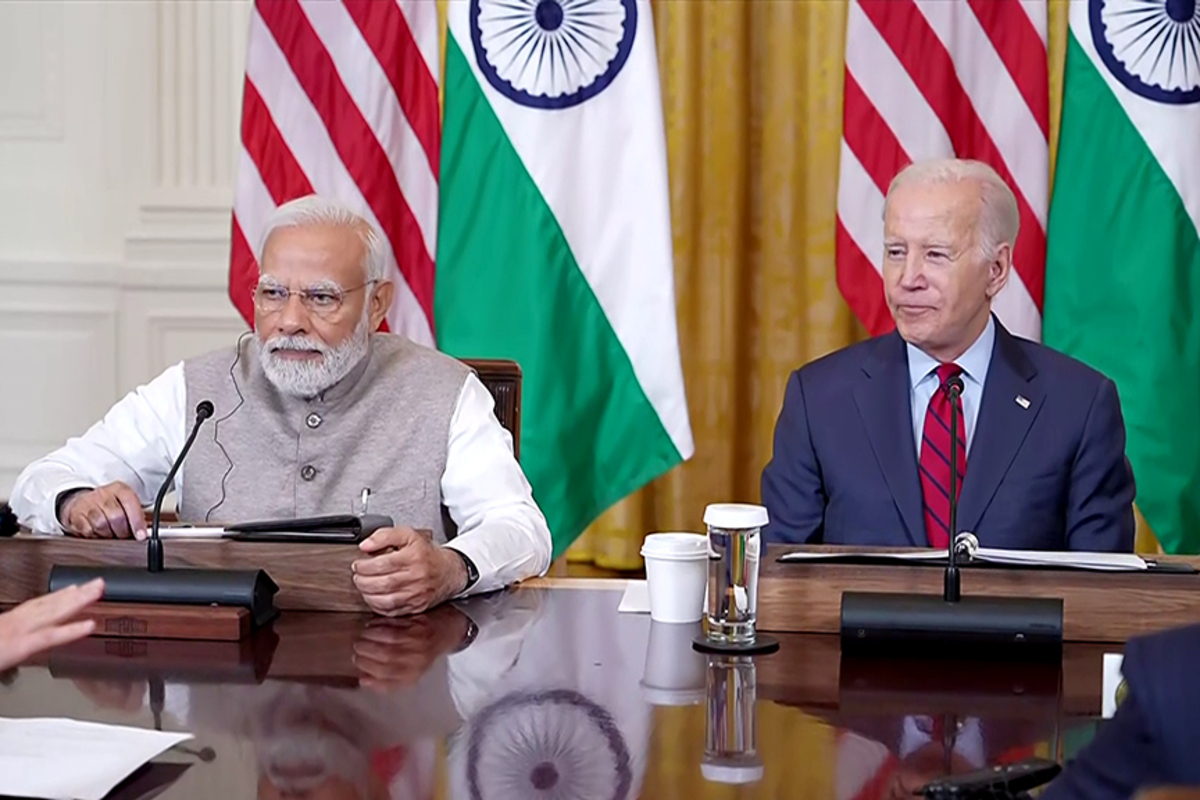In the intricate interplay of international relations, a recent alleged murder-for-hire plot has cast a shadow on the delicate partnership between Washington and New Delhi. The plot, as detailed in a US indictment, is said to involve an Indian government official orchestrating an attempt on the life of a US citizen advocating for Khalistan. However, the response from both nations suggests a cautious approach, emphasising the strategic importance of their alliance over the gravity of the allegations.
At first glance, one might expect such a revelation to fracture the budding US-India partnership. Yet, the geopolitical chessboard appears to have reshaped the narrative, with both nations keenly aware of the strategic chess moves necessary to counterbalance a rising China. The USA, aiming to foster stronger ties with India, is seemingly willing to compartmentalise this alleged plot, viewing it as a standalone incident that should not unravel the broader relationship.

The Biden administration’s response has been a careful balancing act, acknowledging the seriousness of the matter while expressing an expectation for India to address and prevent such activities. This measured stance reflects a pragmatic understanding that the long-term strategic interests of both nations outweigh the immediate turbulence caused by the alleged plot. It is a testament to the nuanced dynamics of modern diplomacy, where shared concerns often eclipse isolated disputes. Comparisons with a similar case in Canada highlight the unique nature of the US-India relationship. In Canada, allegations linking Indian agents to a murder prompted a heated diplomatic row, resulting in expulsions of diplomats and threats to trade talks. In contrast, India’s response to the US indictment has been conciliatory, emphasising a commitment to investigating the matter seriously.
The difference in reactions underscores the depth of the US-India strategic partnership, which appears resilient even in the face of a serious allegation. The June state visit by Prime Minister Narendra Modi to the White House marked a symbolic step in strengthening ties. The alleged plot, unfolding concurrently with this diplomatic engagement, showcases the Biden administration’s willingness to engage with India. The shared goal of countering China’s influence in Asia reinforces the practical aspects of international relations.
As foreign policy experts weigh in, the consensus emerges that the US administration is prioritising the broader strategic relationship with India. The delicate handling of the situation, even in the face of unsettling allegations, signals a commitment to avoiding a rift that could undermine shared objectives. While this alleged plot may add a layer of complexity to US-India ties, it also underscores the intricate nature of navigating global alliances.
The resilience of this partnership will likely hinge on a careful calibration of interests, with both nations recognising that the pursuit of shared goals necessitates weathering occasional storms. As geopolits evolve, the US-India relationship, tested by this alleged plot, may yet emerge stronger, demonstrating the pragmatism essential in navigating the complex











